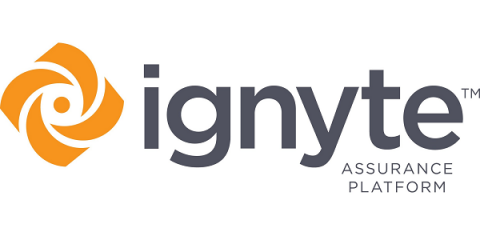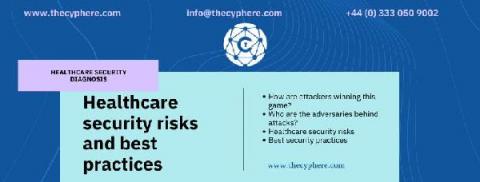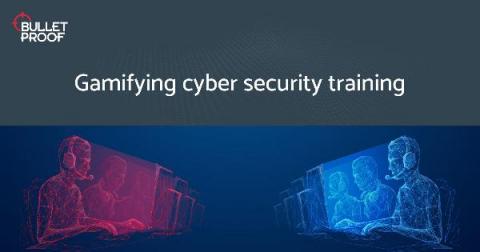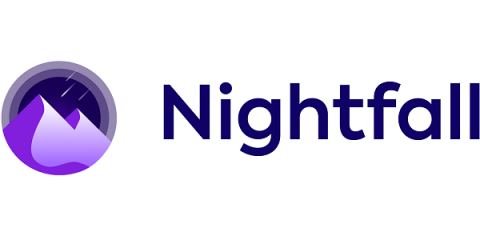What Is HIPAA Compliance: Guidelines for Becoming Compliant
The Health Insurance Portability and Accountability Act (HIPAA) is a U.S. law designed to protect individual privacy by establishing national standards for maintaining sensitive patient health information and medical records. HIPAA compliance rules incorporate requirements from several other legislative acts, including the Public Health Service Act and the Health Information Technology for Economic and Clinical Health (HITECH) Act.










